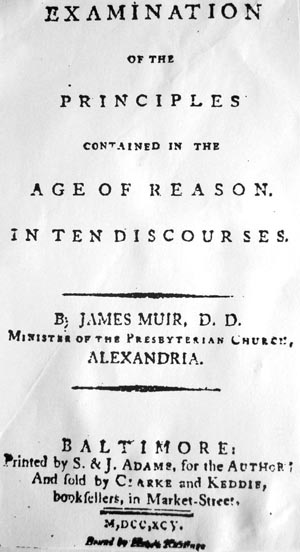

It emphasizes evidence, especially data gathered through experimentation and use of the scientific method. empiricism The theory that knowledge comes primarily from sensory experience.

While other knowledge could be a figment of imagination, deception, or mistake, Descartes asserted that the very act of doubting one’s own existence served-at minimum-as proof of the reality of one’s own mind. This proposition became a fundamental element of Western philosophy, as it purported to form a secure foundation for knowledge in the face of radical doubt. cogito ergo sum A Latin philosophical proposition by René Descartes usually translated into English as “I think, therefore I am.” The phrase originally appeared in his Discourse on the Method. scientific method A body of techniques for investigating phenomena, acquiring new knowledge, or correcting and integrating previous knowledge that apply empirical or measurable evidence subject to specific principles of reasoning. It has characterized natural science since the 17th century, consisting of systematic observation, measurement, and experimentation, and the formulation, testing, and modification of hypotheses. In the sciences, its methodologies attempt to explain entire systems in terms of their individual, constituent parts and interactions. Key Terms reductionism Several related but distinct philosophical positions regarding the connections between theories, “reducing” one idea to another, more basic one. Although they did eventually inspire the struggles for rights of people of color, women, or the working masses, most Enlightenment thinkers did not advocate equality for all, regardless of race, gender, or class, but rather insisted that rights and freedoms were not hereditary. Historians of race, gender, and class note that Enlightenment ideals were not originally envisioned as universal in the today’s sense of the word.In religion, Enlightenment era commentary was a response to the preceding century of religious conflict in Europe. It brought political modernization to the West. The Enlightenment has long been hailed as the foundation of modern Western political and intellectual culture.



 0 kommentar(er)
0 kommentar(er)
